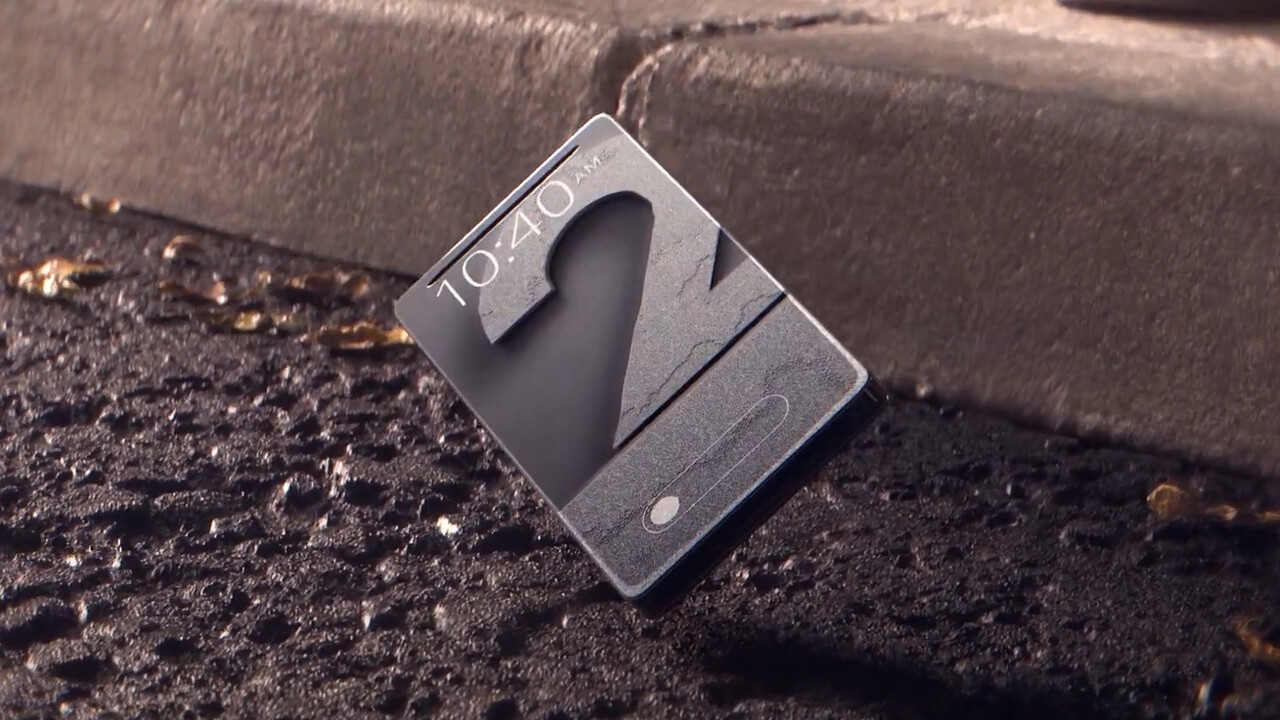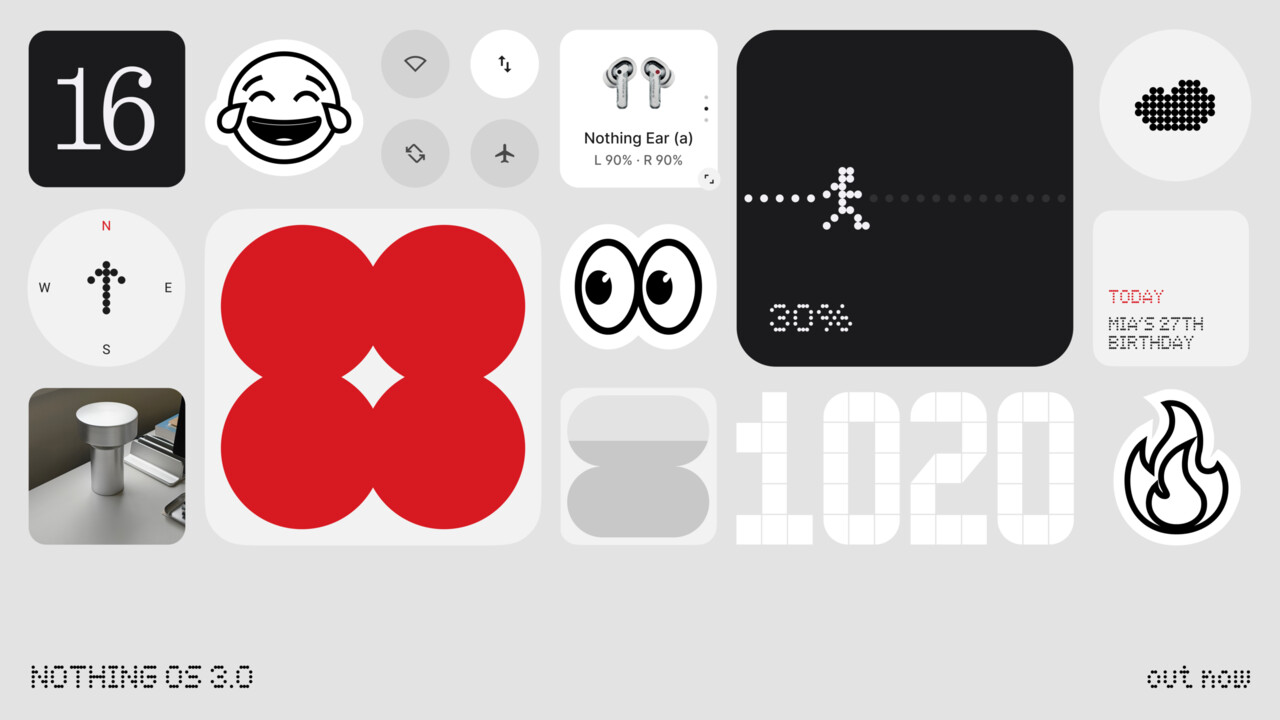Corning in the crosshairs: EU opens investigation into Gorilla Glass maker

Image: Corning
The American company Corning, known for its Gorilla Glass series of screen protectors, widely used among other things in smartphones, is suspected of having used unfair methods to exploit its dominant position on the market. The European Commission has opened an investigation.
Under the Gorilla Glass brand, Corning sells chemically tempered glass with high resistance to breakage and scratches, intended to make touchscreens less susceptible to damage from drops or contact with hard objects. Corning is the market leader in these alkali aluminosilicate glass lids for the technology industry, but it may have exploited this position in an anti-competitive manner.
Anti-competitive contractual clauses
It is suspected that Corning entered into anti-competitive exclusive supply agreements with end device manufacturers (OEMs) and companies that process raw glass (refiners). The European Commission gives several examples in the announcement of the opening of the antitrust investigation.
OEM customers would have been contractually obligated to purchase almost all of their corresponding protective glass requirements from Corning. If these exclusive purchasing clauses were respected, Corning would have granted discounts to its customers. In addition, Corning ensured, by means of so-called English clauses, that it would be informed of competitors’ offers in order to then be able, if necessary, to reduce its prices to the level of the competition.
Corning would also have included exclusive purchasing obligations in the contracts of the other clientele, the refiners, in order to prevent the purchase of competing products. No-contest clauses have also reportedly been used to prevent refiners from filing patent lawsuits against Corning.
To the detriment of consumers
According to the European Commission, through these competitive practices, Corning could have excluded its competitors from the market, which “could have reduced customer choice, increased prices and hindered innovation to the detriment of consumers around the world”.
If these allegations were proven during the investigation, it would constitute a violation of EU competition rules. There is no binding deadline for completing the investigation. For its part, Corning can act and begin to address the Commission’s concerns through commitments to the EU.
Topics: Corning European Union Smartphone economics Source: European Commission

Sarah tracks innovations in smartphones, evaluating their performance, design, and key features.


